Synopsis: As per industry estimates, the size of the Indian semiconductor market was about $38 billion in 2023, $45-50 billion in 2024-2025 and is expected to reach $100-110 billion by 2030. This blog explores 5 leading semiconductor startups in India, highlighting their core innovations, funding milestones, strategic investments, and recent developments.
The government is putting a lot of emphasis on Semiconductor, major schemes like the Production Linked Incentive (PLI), Design Linked Incentive (DLI) Scheme, and most recently, the Semicon India Programme, which will invest a total of ₹76,000 crore to develop the semiconductor and display manufacturing ecosystem, the government is placing a lot of emphasis on semiconductors. Here are five leading semiconductor startups that are shaping India’s chip revolution
1. Netrasemi
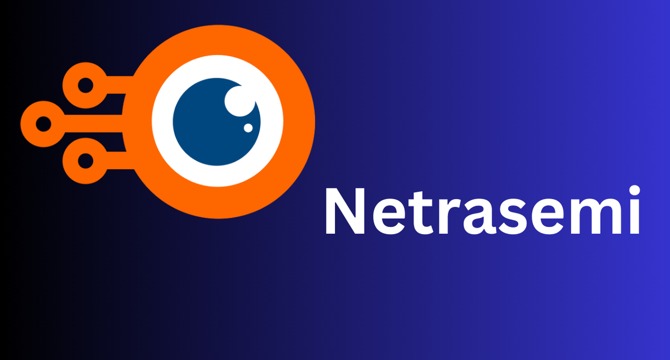
Netrasemi is a company that was launched in 2020 by the trio of Jyothis, Sreejith, and Deepa in Thiruvananthapuram, Kerala, India. The main area of expertise of the firm is the cutting-edge Artificial Intelligence (AI) semiconductor technology which is designed for smart Internet of Things (IoT) products, and specifically, for the integrated circuits that are optimized for IoT applications.
- Major Products: Netrasemi is a leader in the SoC development industry providing advanced analytical capabilities for smart vision, CCTV cameras, and IoT applications. The company has already made two Edge-AI chips on TSMC’s 12nm node, and at the moment is conducting research aimed at designing an AI camera chip for the Indian market.
- Funding and Investment: Netrasemi raised ₹107 crore($12.5 million) in Series A funding in July 2025, led by Zoho Corporation and Unicorn India Ventures, bringing total funding to $14.6 million across four rounds.
Netrasemi plans to double its workforces from 83 to 166 chip engineering professionals and complete full mask production of three SoC families within 12-18 months. The company is collaborating with Zoho’s new R&D center in Kottarakara, Kerala.
2. Mindgrove Technologies
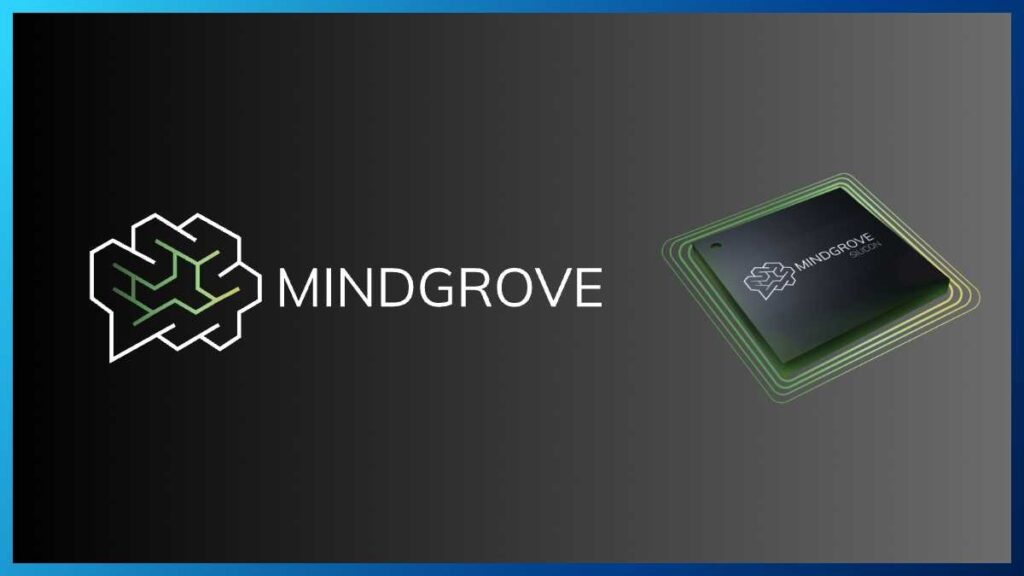
Mindgrove Technologies was founded in 2021 by Shashwath TR and Sharan, it was started in a small room in Chennai with the mission to design secure product grade chips in India. The company is closely associated with IIT Madras.
- Key products: Mindgrove developed India’s first commercial grade high performance microcontroller SoC, focusing on IoT and embedded systems.The SoC are designed for smart connected devices including watches, metres, locks, access control units, printers and point of sale machines. And also developing Vision SoC, targeting high performance edge computing and vision processing applications such as CCTV cameras, dashcams, ADAS systems, and smart TVs.
- Funding and Investment: Mindgrove raised $8 million in Series A funding in December 2024, co-led by rocketship vc and Speciale Invest. The company had previously secured $2.325 million in seed funding.
Mindgrove launched its Secure IoT chip prototype in May 2024, with the first batch of mass production chips expected by mid 2025. The startup is expanding from its current 38 member team and targeting automotive applications including battery management systems in the long term.
3. Morphing Machines
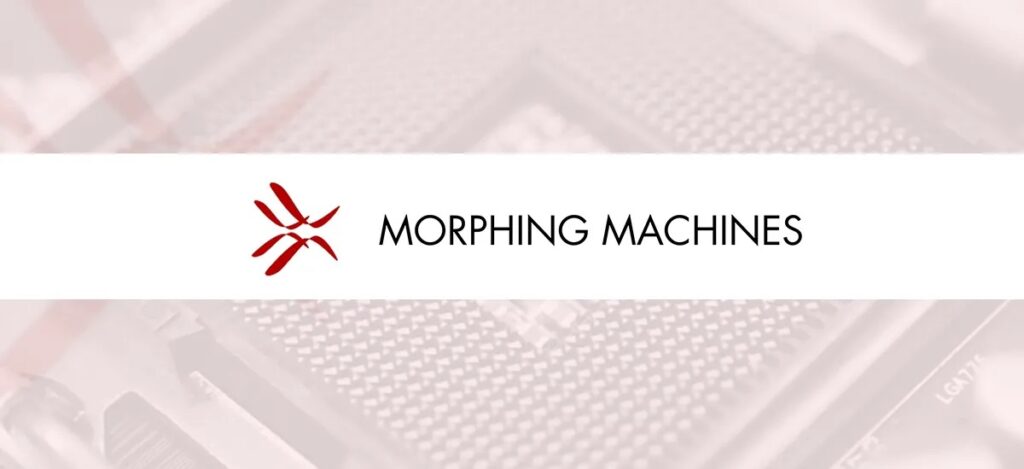
Morphing machines were launched in 2006 by researchers from the Indian Institute of Science (IISc), Bengaluru. The company was launched from the Technology Entrepreneurship Initiative at IISc.
- Key product: The company’s flagship innovation is REDEFINE, a runtime reconfigurable many core processor that combines FPGA like flexibility with ASIC level performance. This processor can dynamically switch between CPU and GPU capacity cores, making it ideal for diverse, demanding, and unpredictable AI-driven workloads in data centers, AI/ML application, telecom infrastructure(6G), ADAS and enterprise computing.
- Funding and Investment: Morphing Machines raised ₹38.36 crore in Series A funding in October 2025, Earlier in June 2024, the firm had raised $2.76 million in seed funding.
Over the next 12-24 months, Morphing machines plans to complete its first proof-of-silicon chip. The company is targeting global markets including the US and Europe, focusing on consumer cloud data centers and hyperscalers.
Also read: 7 Emerging Industrial Hubs Driving India’s Semiconductor Growth with Strong Investment Opportunities
4. InCore Semiconductor
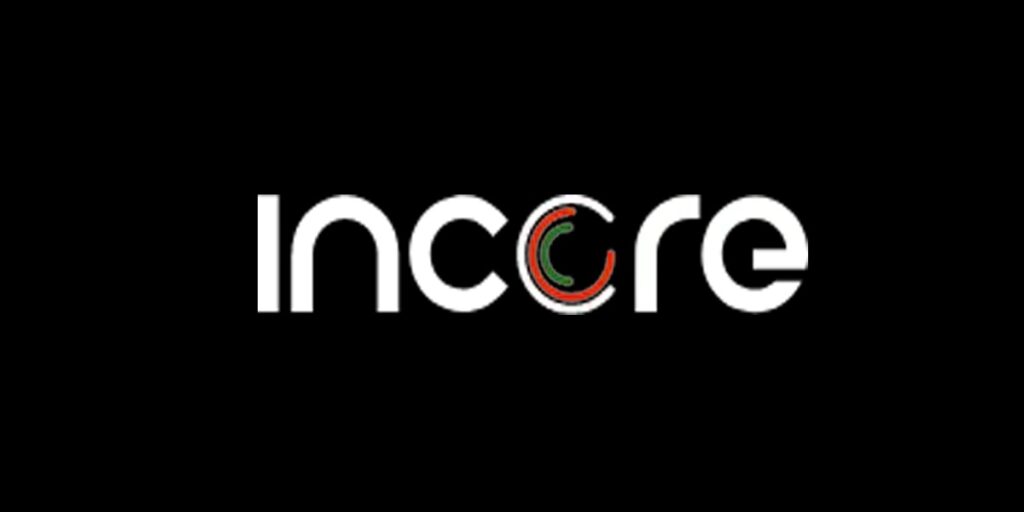
InCore was started in 2018 by the creators of IIT Madras’ SHAKTI processor program, InCore Semiconductor is a RISC-V based processor IP solutions company.
- Key Products: InCore develops proprietary processor cores including Azurite that’s targeting low power applications like smart meters and smart cards and Calcite which have a capability of running Linux for higher performance applications including wearable, PoS terminals and networking systems. Recently launched a breakthrough SoC Generator platform that reduces frontend chip design time from months to under 10 minutes through deterministic automation, automatically generating RTL, integrating IPs, building interconnect fabric, and configuring bootable software stacks.
- Funding and Investment: In Core secure $3 million in seed funding from Peak XV partner in 2023. From bootstrapped for five years.
InCore is currently piloting its IP offering with companies globally and aims to start generating revenue by the end of 2024, having transitioned from pre revenue stage.
Also read: Top 5 Indian States Offering Land Incentives for Semiconductor Projects in 2025
5. AGNIT Semiconductors Private Limited
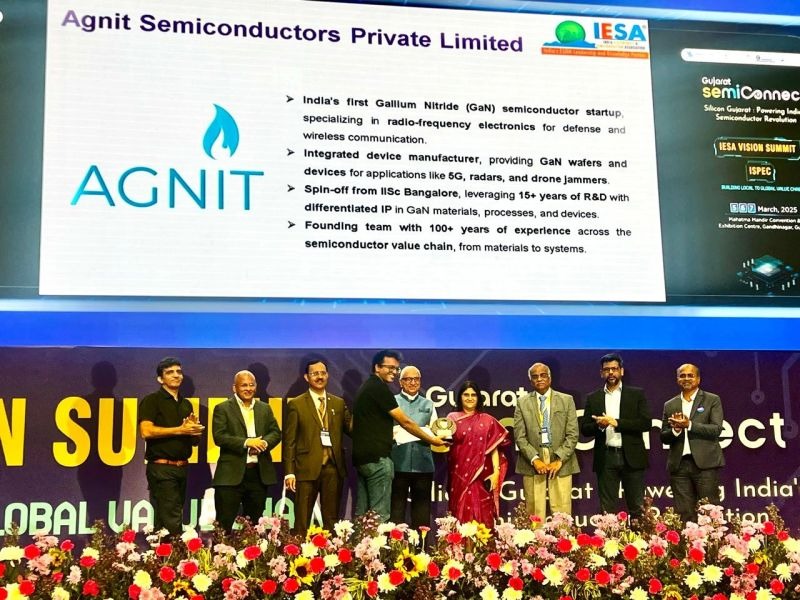
AGNIT Semiconductor is spin off from the IISc Bengaluru, and founded in 2019.
- Key Products: AGNIT develops GaN wafers, devices, and RF subsystems for defense, aerospace, telecom(5G base stations, private networks) and power sectors like fast chargers, EV applications.The company’s RF GaN devices are designed for application including radars, AESA radar systems, satellite communications, electronic warfare, military radar, and weather sensing.
- Funding and Investment: AGNIT has raised $4.87 million total, including $1.3 million in anel investment in 2021 and $3.5 million in seed funding in 2024.
In August 2025, AGNIT won the NASSCOM Deep Tech Emerge 50 Awards 2025 and the IESA technology award 2025. AGNIT controls the entire GaN value chain from materials to systems, enabling end to end optimization of performance, cost and form factor. With over 17 years of cumulative R&D from IISc, 15+ patents.
Conclusion
India’s semiconductor market is estimated to exceed $150 billion by 2030, having a compound annual growth rate (CAGR) of 24% starting from $33 billion in 2023. On the one hand, India’s development as a global semiconductor design and manufacturing center is getting faster by ten semiconductor projects with a total investment of more than $18 billion and the collaboration with several academic institutes and startups which have already got access to modern design tools.
Written by Yatheendra N


